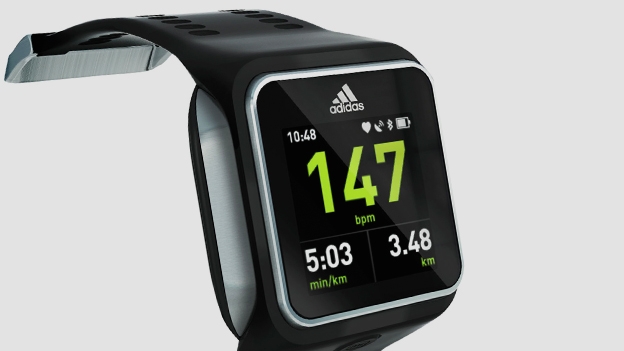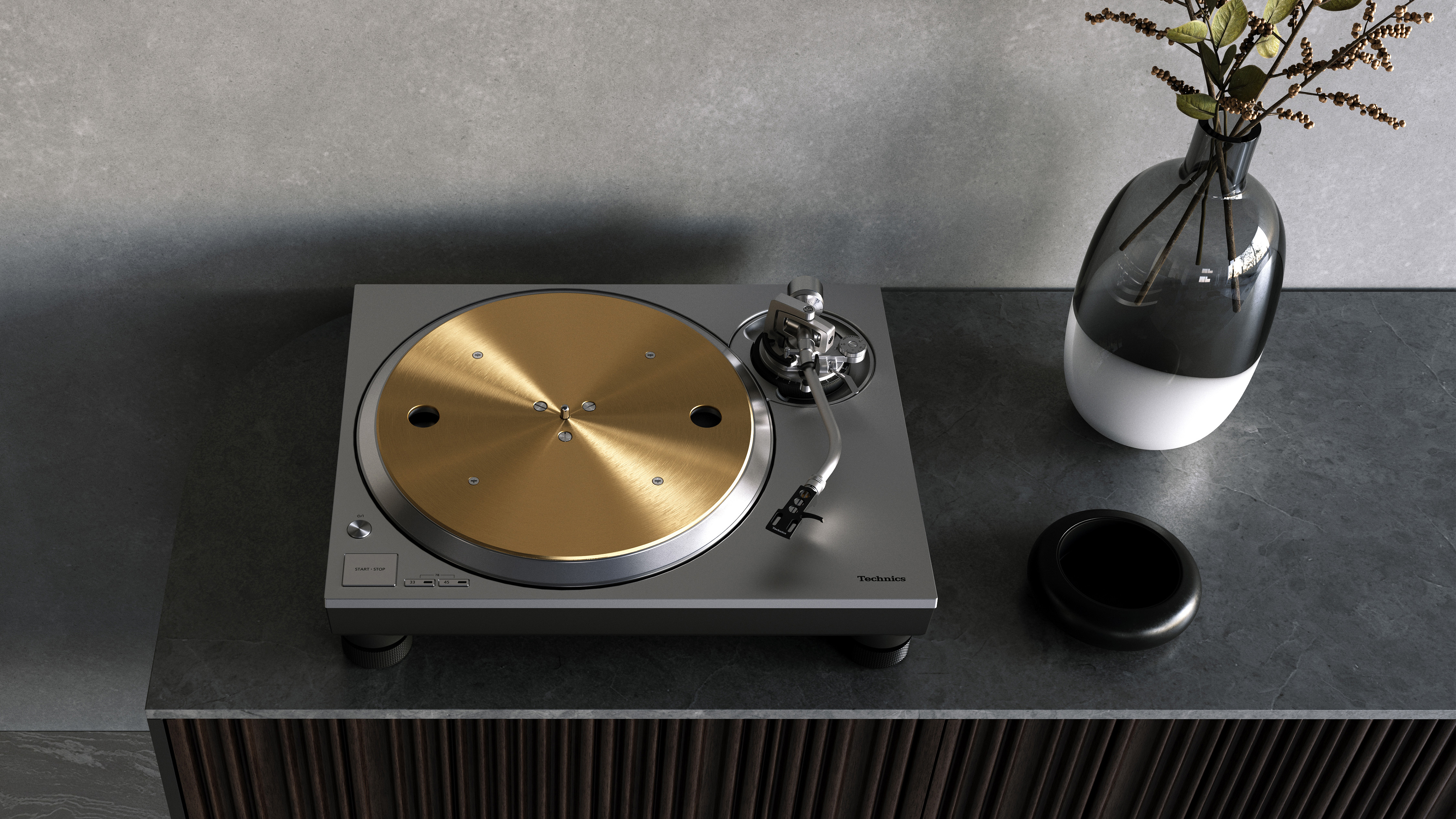

Adidas boss admits the Adidas Smart Run first generation will get smarter before we're treated to a new device
If you're holding out for a second generation
it looks like you'll be waiting a while, that's according to head of development for Adidas MiCoach, Simon Drabble.
Speaking to T3 at its headquarters in Herzo, Germany, Drabble revealed: "We've not finished with Smart Run. You can expect new generations but there will be multiple iterations of the current product before new hardware comes out."
The all-in-one GPS and heart rate monitoring running watch launched last year, becoming one of the first devices to offer real-time heart rate monitoring without the need for a chest strap. However, the Smart Run soon came under fire for its terrible battery life saw it struggle to survive a day.
“We're heavily focused on improving areas where technology let us down,” said Drabble. “There was trouble with the battery originally but we have worked to improve that. You now get GPS and heart rate usage of over five hours, while marathon mode lasts over 7 hours."
Sign up to the T3 newsletter for smarter living straight to your inbox
Get all the latest news, reviews, deals and buying guides on gorgeous tech, home and active products from the T3 experts
On the list of improvements we can expect to see from these monthly releases are simpler things like average pace but there are also some bigger steps forward. The ability to link to a smartphone to sync your run data is pegged to land later in the year. Offline music playback from the likes of Spotify or other music providers is work in progress too.
Virtual race, auto run pause when you're not moving and a mechanical button to press to start your run rather than the slightly fiddly touchscreen you currently have are all also on the agenda.
Asked if the Smart Run would ever carry features we've seen on other smart watches like the Samsung Galaxy Gear 2, the Pebble 2 or the Gear Fit, Drabble said:
“It [the Smart Run] has the potential to take notifications but we took a purist point of view where we decided not to bother people with notifications. It's not a hardware limitation. It's a limitation from a network perspective. One day these devices will be constantly connected to a 4g or 3G network. We're not allergic to that idea but it's a route we've decided not to go down yet."

Kieran is a freelance writer and editor working in the space where health, fitness, sports and technology collide. He covers everything from virtual reality and smart scales to the latest wearable health trackers. Kieran is also a borderline-obsessed runner and is passionate about using the latest technology to hack his health in search of marginal gains.

